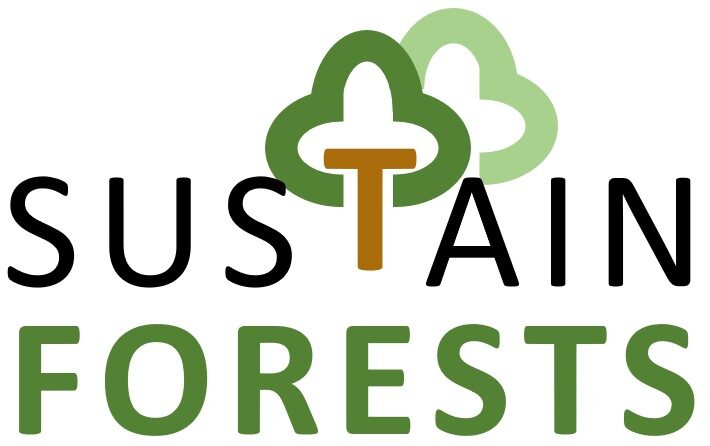Introduction
The XIth World Congress of the International Association for Landscape Ecology (IALE)
was held in Nairobi, Kenya, from the 10th to the 15th of July 2023. Held every four years, the
IALE World Congress is the premier event for landscape ecologists worldwide to promote
landscape ecology as the scientific basis for analysing, planning and managing the world’s
landscapes, from local to global scales. The congress topic was: “Transboundary Resource
Management, Climate Change and Environmental Resilience” and
divided into ten subthemes from Data science and geospatial technology, to Climate change resilience in
transboundary ecosystems. More than 600 people participated physically and online during
the conference from all over the world.
Contribution
My presentation was titled: “Ecosystem service assessment of forest patches in
mosaic agricultural landscapes in Cameroon and Benin”. Deforestation has shaped forest
cover in tropical forest areas in Africa resulting in forest patches emergence in agricultural
landscapes. Those forest patches still persist but little knowledge exists of what ecosystem
services they provide and to what extent they contribute to human well-being. The aim of my
research is to provide this information. To achieve this, I have conducted surveys in fieldwork
in two Western African countries (Cameroon and Benin) to find out, from community
perspectives what they can actually get from the nearest forest patches they depend on. In
total, about a thousand households were surveyed and the results presented:
- The assessment of the forest’s states (from today as compared to the last five years);
- The different types of ecosystem services and the comparison based on the condition
of the different forests.
The results show similarities in ecosystem services provision for the four forest patches
studied depending on their condition (Tropical Grasslands and Tropical Moist broadleaf
forests). However, out of the three main ecosystem services from the Common Classification
of Ecosystem Services (CICES), it clearly appeared that culture can be a driver or a main factor
that can contribute to forest persistence in some places based on the uses and the beliefs
attached to some forests. Landscape ecology (the main focus of the conference) is a discipline
that aims to have a full understanding of processes such as habitat fragmentation and
deductively, the impacts on ecosystem functions and services (Burley, 2004); our research
matches with the expectation of the conference. Moreover, natural and human-induced
effects are important components generally considered in the field of landscape ecology.
Feedbacks
From the audience in my panel, the feedbacks I received are the following:
- Economic quantification of ecosystem services as an asset to influence policy decisions
for the countries - How food products from the forests are important in terms of nutrition as compared
to those collected from the farms. - Landscape Services Framework suit more for local scale and can be applied in our case
study to better capture the ecosystem services at the local level rather than the
frameworks assessing at the global scale.
Outlook
A major solution for the future has been suggested to be the restoration of
ecosystems, which is also a challenge. To achieve sustainable development goals and bring
together all stakeholders at a variety of scales, the United Nations General Assembly declared
2021–2030 the UN Decade on Ecosystem Restoration.
Important Insights from the Conference
Biophysical and socioeconomic expertise is combined in landscape ecology to explore
questions related to the ecology, conservation, management, design, and sustainability of
landscapes as coupled human-environment systems. The concept is increasingly being used
to study how human activities affect natural resources and their ecological functions and our
research will contribute to fulfil gaps identified in the literature. From the talks during the X1th
IALE conference Africa chapter, it is crucial that we provide knowledge, develop tools, and
establish collaborations in order for people and places across the globe to be able to build a
resilient future
Acknowledgements
I would like to take this opportunity to be grateful once again to the Faculty of Science
of the University of Bern for the support received to attend and present my research findings
during the IALE conference in Kenya.
A post-conference post by Paule Pamela Tabi Eckebil
